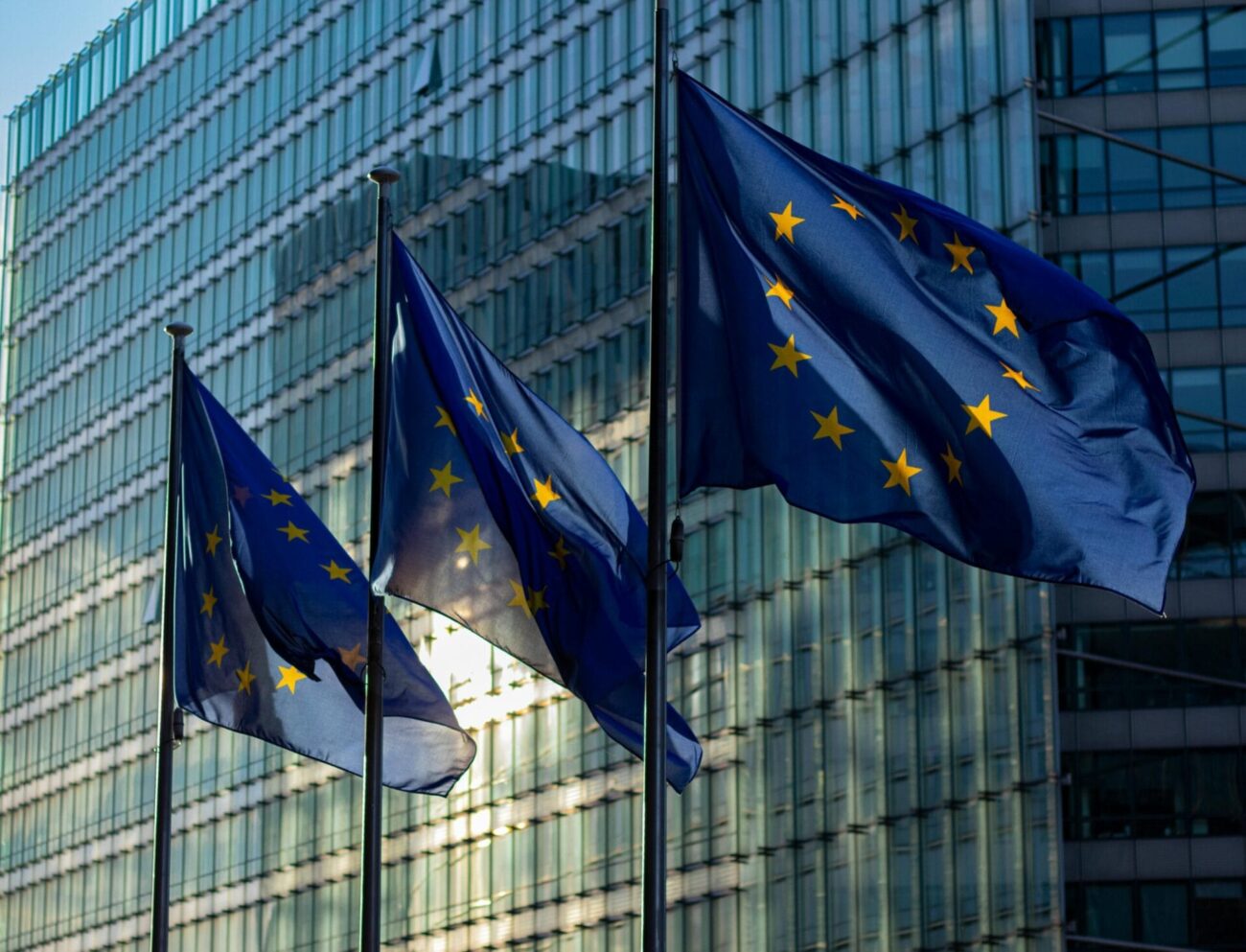
Following the recent release of the proposed Omnibus legislation, our Interim CEO, Patrick Shaw-Brown, reflects on the proposal and the conversations he’s had with clients on the issue.
Impactt works with companies across sectors, geographies, and varying levels of maturity in their understanding and management of human rights. Across the board, they are increasingly recognising that tackling human rights risks in their operations and supply chains isn’t just the right thing to do – it’s essential for protecting short-term value and creating long-term success.
Since the release of the proposed Omnibus legislation, this message has only grown stronger. In conversations with clients, I’ve noticed many echoing Impactt’s tagline: “What works for workers, works for business.”
The recent discussions on the legislation reinforce what forward-thinking companies have long understood: when done well, proactive human rights due diligence and reporting isn’t just about compliance – it strengthens supply chain resilience, mitigates risk, and ultimately drives sustainable business growth.
I have seen this time and again in our work with clients – whether through supporting them to increase productivity in the South Asian garments sectors or manage reputational risks in African agricultural supply chains.
From this perspective, many of our clients are less concerned by what many commentators have described as a “watering down” of the CSDDD and CSRD requirements (though the confusion on what is needed is not welcome). They are committed to investing in human rights approaches irrespective of the legislative driver.
These leading companies are aligning their efforts to the expectations set out by the UN Guiding Principles on Business and Human Rights and the OECD Guidelines for Multinational Enterprises. Long-standing standards and frameworks like these, advocate for risk-based, proportionate and nuanced approaches that allow companies to focus their inevitably limited resources where the risks to people, and hence to their businesses, are greatest.
And it is on this topic where I hear the greatest concerns about the proposed legislation.
We already know that Tier 1 suppliers are rarely where the biggest human rights risks lie. The proposal’s narrowed attention on Tier 1 suppliers has left many clients questioning whether their limited time and budgets will be wasted on suppliers where risks are low and performance is already high – rather than driving real impact deeper in their supply chains, where the most serious issues persist.
I am also hearing concerns regarding the limitation on information-gathering from smaller suppliers beyond Tier 1. We know from our work that when you go further down the supply chain, the risks often increase but resources shrink. Until now, our clients have been balancing these inequalities through real partnerships – supporting suppliers to understand and manage issues, build capacity and share costs. Now they are worried that transparency, and critical partnerships, will be lost.
Will the proposed legislation support businesses in tackling issues where they truly exist – or create blind spots that allow risks to go unchecked?
Furthermore, our clients are confused by how the proposed Omnibus legislation fits with the EU’s Forced Labour Regulation, as well as the forced labour import bans in the US and recent rumours of a UK equivalent expected in 2026. With access to these key markets at stake, businesses are feeling the pressure to act. Yet, the most effective way to mitigate this risk remains unchanged: robust human rights due diligence and transparent reporting, as set out by the UNGPs and OECD Guidelines.
Finally, I am hearing that some of the bigger clients are looking to push back on the Omnibus proposal during its consultation and review period.
At Impactt, we remain committed to finding the win-wins for our clients. Our track record over 28+ years of delivering positive impact for workers and businesses means that we know that high-quality human rights due diligence and reporting is valuable for companies irrespective of their size, sector or location – and irrespective of the legislation that surrounds it. It’s just better business.



